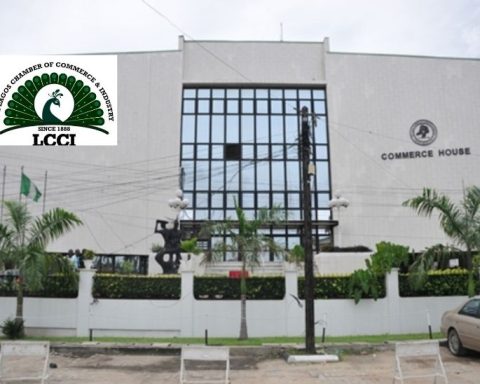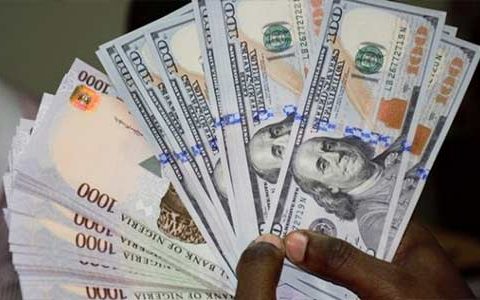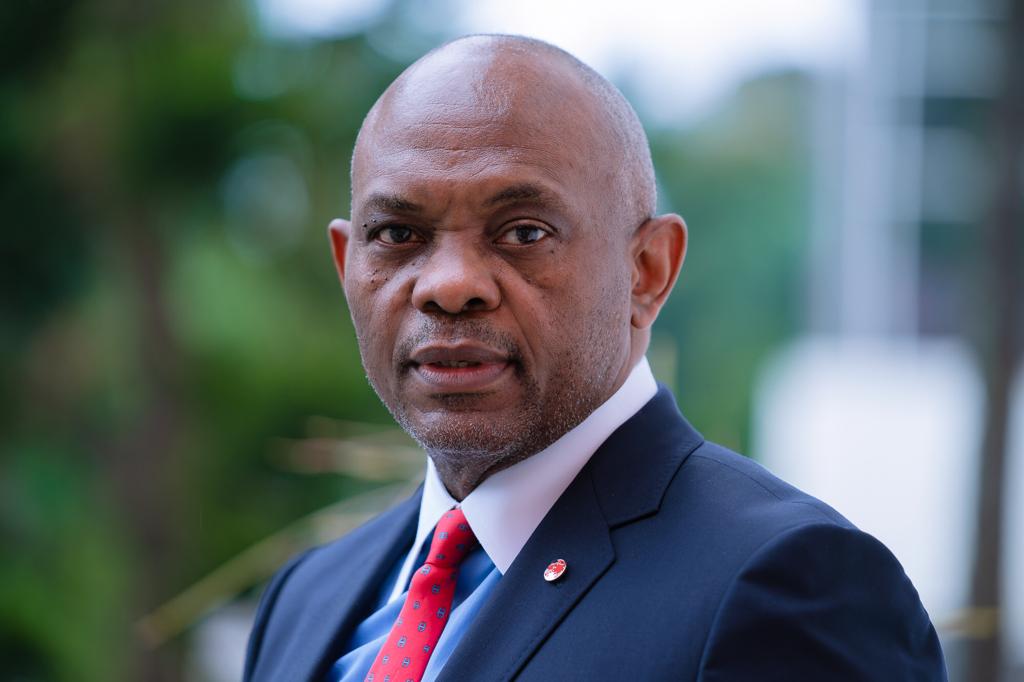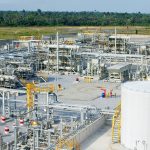The Lagos Chamber of Commerce and Industry (LCCI) has called on the Nigerian government to embark on strategic economic transformation and not the celebration of mere statistical figures about the economy.
The Chamber stated this while reacting to the release of Nigeria’s rebased Gross Domestic Product (GDP) figures and the Q1 2025 economic growth data.
Join our WhatsApp ChannelThe rebased GDP report released by the National Bureau of Statistics (NBS) on Monday revealed that the economy expanded by 3.13 per cent and the nominal GDP is now recorded at ₦372.82 trillion.
LCCI President, Gabriel Idahosa, who addressed newsmen on the state of the economy on Wednesday, said the GDP report “offers a more comprehensive and contemporary reflection of the Nigerian economy, capturing vibrant informal activities, tech-driven enterprises, and service-oriented sectors that were previously under the radar.”
Idahosa noted that the rebasing from the 2010 to 2019 base year brings Nigeria closer to global statistical standards and reveals a more diversified economy, where real estate, trade, telecoms, and crop production now dominate, while oil’s share continues to decline.
He, however, observed that behind the “optimistic figures” lies the reality in the country. He said harsh economic conditions caused by inflationary pressures have plunged a large portion of the population into poverty as cost of living continues to rise.
He said naira’s depreciation, high energy costs from petrol, diesel and cooking gas have unleashed unprecedented difficulty on households and businesses.
“Therefore, this is a call to action. The government must move from statistical celebration to strategic economic transformation,” he stated.
He stressed that the government must prioritise stabilizing the naira by restoring FX confidence, boosting non-oil exports, and supporting domestic production.
The LCCI president further urged the government to urgently address food security through input subsidies, storage systems, and improved logistics to combat inflation and hunger.
READ ALSO: The Paradox Of Nigeria’s GDP Growth And Deepening Poverty
He also said the government “must intensify efforts to empower MSMEs and the informal sector through access to finance, aggressive implementation of the 2025 Nigerian Tax Reform Act, and deployment of digital tools.
“We need targeted job creation programmes, especially in agriculture, construction, and technology, backed by aggressive skills development.
“Restore citizens’ confidence through transparency, social protection, and visible policy implementation.”
While citing the World Bank and the IMF projection that Nigeria’s GDP would grow at 3.6 per cent and 4.1 per cent in 2025 to be driven by an expected increase in oil production, and the services sectors, he called fir improvement in local refining capacity to ease energy costs, save foreign exchange spending, and attract more investments into the oil and gas sector.
Victor Ezeja is a passionate journalist with seven years of experience writing on economy, politics and energy. He holds a Master's degree in Mass Communication.











